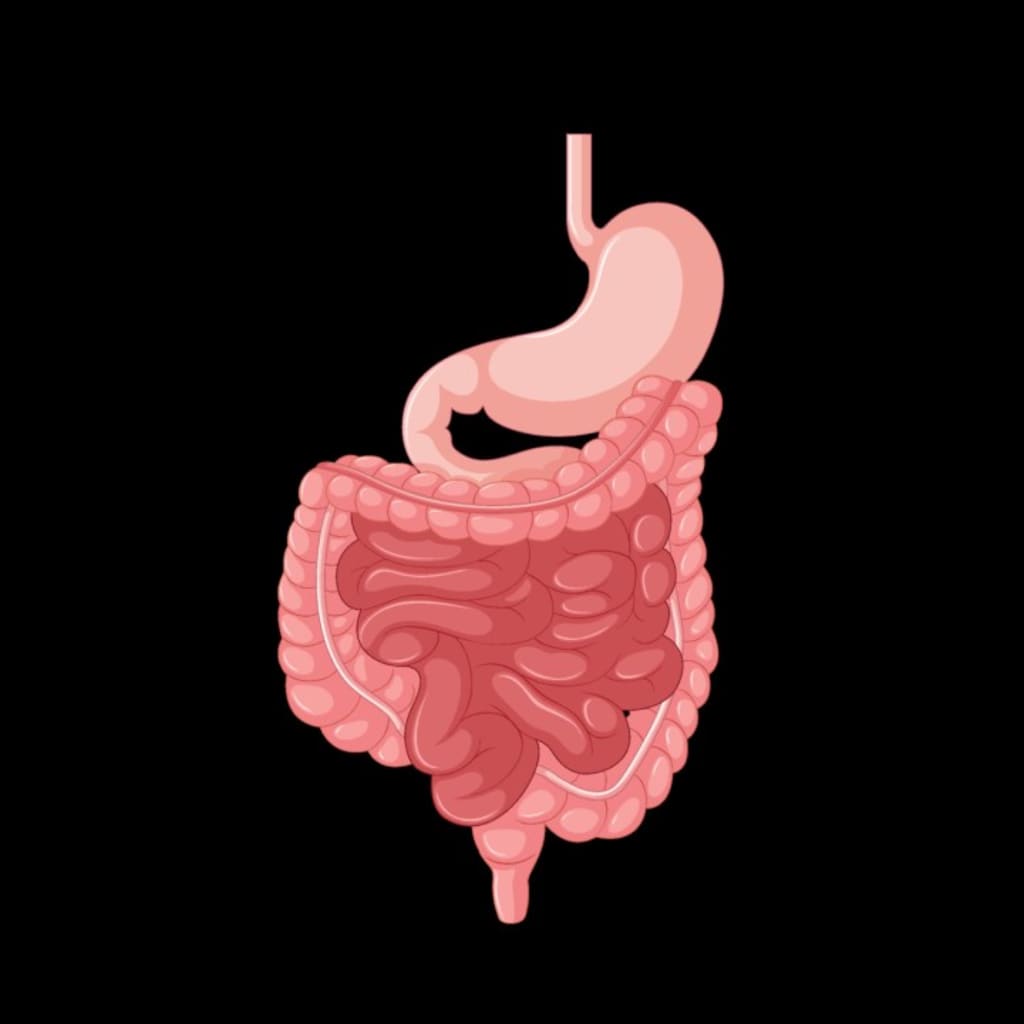
Embark on a captivating voyage as we delve into the intricate world of the stomach and intestine – the unsung heroes of our digestive system. In this exploration, we'll rewind the tape of evolution, tracing the origins of these vital organs that play a crucial role in nourishing our bodies and sustaining life itself.
“Back to the origins - stomach intestine edition”
Our journey begins eons ago, in the primordial soup of prehistoric times. At the dawn of life, simple organisms relied on rudimentary digestive processes to extract nutrients from the environment. Over millennia, the need for more efficient nutrient absorption led to the emergence of specialized structures – the ancestors of our modern digestive system.
Fast forward to the evolutionary symphony that gave rise to the stomach. This remarkable organ, shaped like a muscular pouch, evolved to accommodate the changing dietary needs of evolving organisms. From a humble storage facility for ingested food, the stomach transformed into a chemical powerhouse, secreting gastric juices that break down complex molecules into more digestible f
Picture the stomach as a bustling kitchen, where the chef – in this case, gastric glands – concocts a potent mix of hydrochloric acid, enzymes, and mucus. This acidic brew, known as gastric juice, performs a choreographed dance with the ingested food, breaking it down into chyme – a semi-liquid mixture of partially digested substances.
As our narrative unfolds, we shift our focus downstream to the intestine – a labyrinthine world of absorption and assimilation. The journey through the intestine is akin to a thrilling adventure, where nutrients extracted from the chime become the currency of life. The small intestine, with its convoluted folds and villi, acts as the main stage for this nutrient extraction process.
No exploration of the stomach and intestine would be complete without acknowledging the unsung heroes of the microbial realm – the gut microbiota. Trillions of microorganisms call our digestive tract home, forming a symbiotic relationship with the human host. This intricate ecosystem aids in digestion, synthesizes essential nutrients, and even plays a crucial role in maintaining the delicate balance of our immune system.
The Evolutionary Tapestry Unraveled:
As we rewind the tapestry of evolution, it becomes evident that the stomach and intestine are not isolated entities but integral components of an elaborate digestive symphony. Each evolutionary tweak and adaptation has sculpted these organs into the sophisticated apparatus we rely on today.
In the fast-paced, modern world, our stomachs and intestines grapple with the repercussions of dietary excess, sedentary lifestyles, and environmental stressors. However, by embracing the wisdom of our evolutionary past, we can adopt dietary habits that align with the innate capabilities of our digestive system
Beyond digestion, the stomach plays a crucial role in maintaining the body's internal balance, or homeostasis. Through intricate feedback mechanisms, the stomach communicates with other organs and systems, regulating the release of hormones and enzymes to ensure optimal function. This delicate dance is essential for overall health and well-being.
Zooming out from the microcosm of digestion, the intestine's influence extends far beyond nutrient absorption. Research has unveiled the gut's profound impact on systemic health, affecting everything from the immune system to mental well-being. The gut-brain axis, a bidirectional communication pathway, underscores the interconnectedness of our digestive system with the central nervous syste
Despite the remarkable adaptability of our digestive system, the prevalence of digestive disorders in the modern era cannot be ignored. Conditions such as irritable bowel syndrome (IBS), inflammatory bowel disease (IBD), and gastroesophageal reflux disease (GERD) highlight the challenges our stomach and intestine face in a world characterized by processed foods, chronic stress, and environmental toxins.





Comments
There are no comments for this story
Be the first to respond and start the conversation.